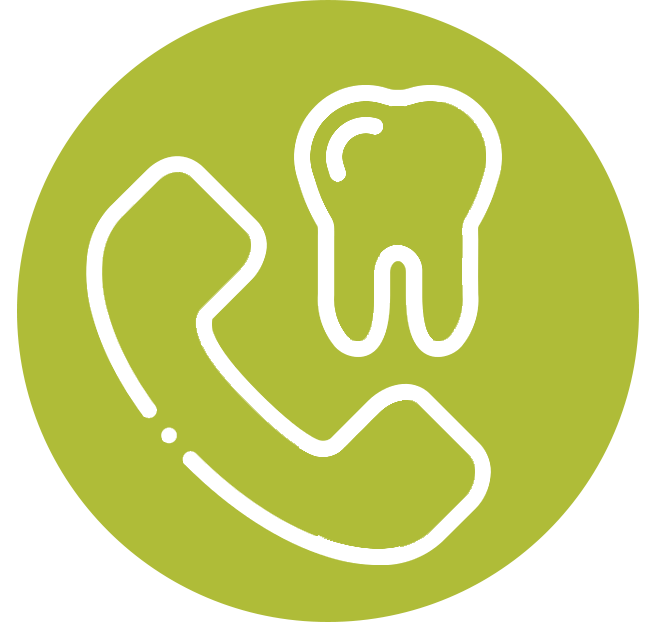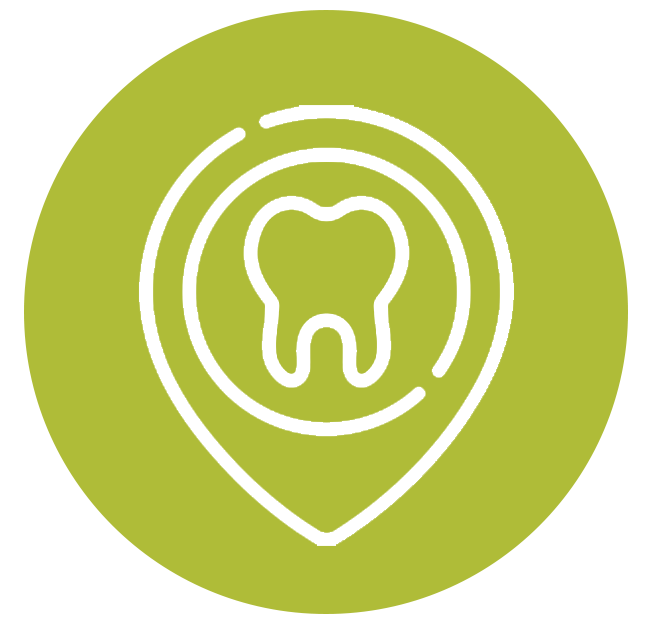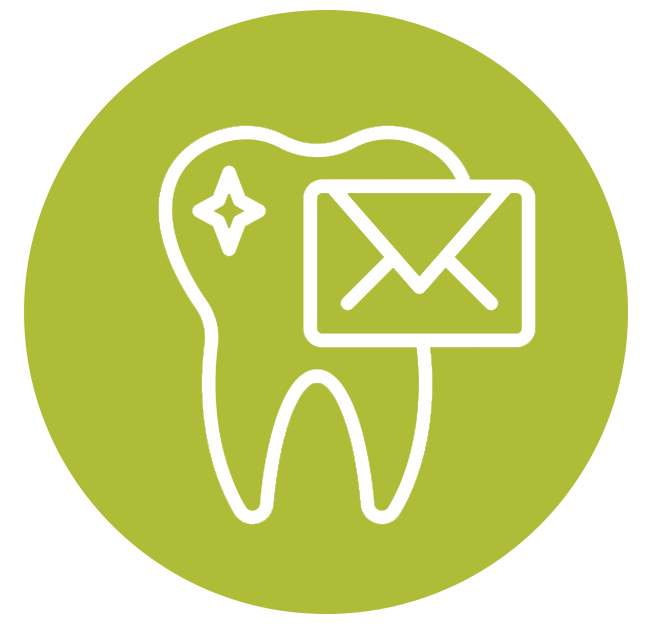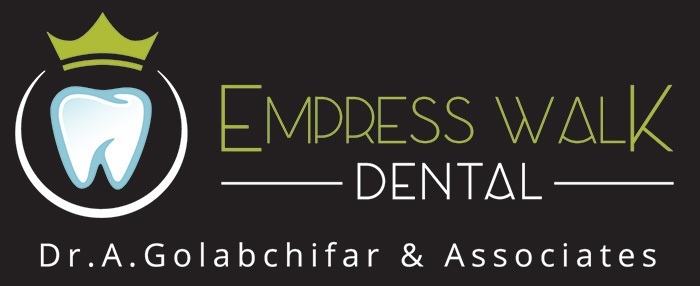
Give Us a Call
+1 (647) 503 - 4224
Recovering from a Sinus Floor Elevation Procedure
Upon losing a premolar or molar, the posterior maxilla bone height may be insufficient for the placement of an implant. A sinus floor elevation makes it possible to create additional bone height. The process of sinus floor elevation entails putting bone or bone substitutes into the maxillary sinus. Sinus floor elevation is a standard surgery, however, the healing process may differ from one individual to another. Proper post-operative care helps to reduce cases of swelling, developing pain, infections, and other complications.
What to expect after a sinus floor elevation
After a sinus floor elevation, you should not wait until the pain kicks in. Instead, you should be proactive and take the prescribed pain medication within two hours after surgery. Within two hours after surgery, you will still be under the influence of aesthesia. Taking painkillers ensures that by the time the aesthesia fades, you will not experience discomfort.
We will provide you with anti-inflammatory medication before you leave our office after the surgery. Typically, for the first two to three days, you should take the anti-inflammatory medication every six hours. You should take the medication even if you are not experiencing soreness and discomfort. If you take the painkillers prescribed to you but the pain persists, you may take narcotics because they are more effective in easing discomfort. You may take the narcotics alongside anti-inflammatory medication.
Ensure that you do not take medication on an empty stomach because this may have other negative effects like nausea. Instead, ensure that you take in some soft foods and fluids. You should never take alcohol while you are on narcotics medication.
What to avoid
It is advisable to avoid all activities that are likely to create pressure within your sinuses for the first ten days after your surgery. You should avoid activities like drinking through a straw, blowing your nose, and smoking.
Avoid aggressive activities like scuba diving or flying an aircraft. While you are sneezing, you should sneeze with your mouth open. This ensures that you do not trap pressure within your mouth while sneezing but you expel the pressure.
What should you do if you have a stuffy nose? You should gently wipe your nose to clean it but avoid blowing your nose because this may lead to sinus pressure. To help alleviate sinus pressure and discomfort, you may consider using nasal decongestants. However, ensure that you follow the given instructions while using decongestants. If you have any questions on sinus floor elevation, contact us.
We want to see you!
We want to see you!

Empress Walk Dental is a full-service dental clinic offering services near North York Centre and we are looking forward to being the first choice for you and your family’s dental care!



